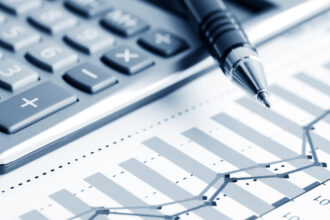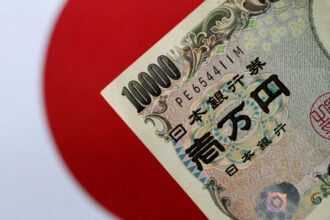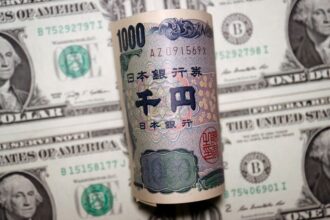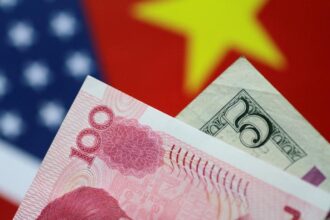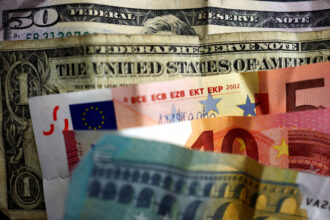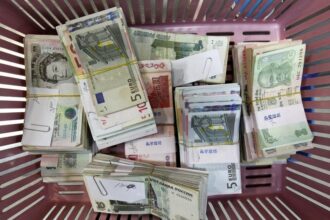DHAKA – Bangladesh is grappling with a dollar shortage amid the ongoing global economic challenges, with its foreign exchange reserves dipping to $19.6 billion. The country’s reserves, which are sufficient to cover just over three months of imports, have been under pressure due to a combination of rising import costs and a decline in exports and remittances. This situation has been further exacerbated by the economic fallout from the Russia-Ukraine conflict, leading to heightened prices for fuel and food.
The Central Bank of Bangladesh has attempted several measures to mitigate the crisis, including controlling imports, selling dollars from its reserves, and imposing additional duties on imports. Despite these efforts, the reserves have continued to dwindle from pandemic-boosted levels, with the Central Bank’s dollar sales since April failing to stem the deficit. Consequently, the price of dollars has surged from Tk 85 to Tk 107.50 for remittance transactions.
Former Bank Asia Managing Director Arfan Ali has cautioned against investments that require heavy dollar spending, highlighting the urgency of preserving foreign exchange reserves. He pointed out that while Bangladesh maintains International Monetary Fund (IMF)-approved reserves adequate for its immediate needs, misuse of loans from these reserves by exporters has led to concerns over forced loans.
This article was generated with the support of AI and reviewed by an editor. For more information see our T&C.
Read the full article here



